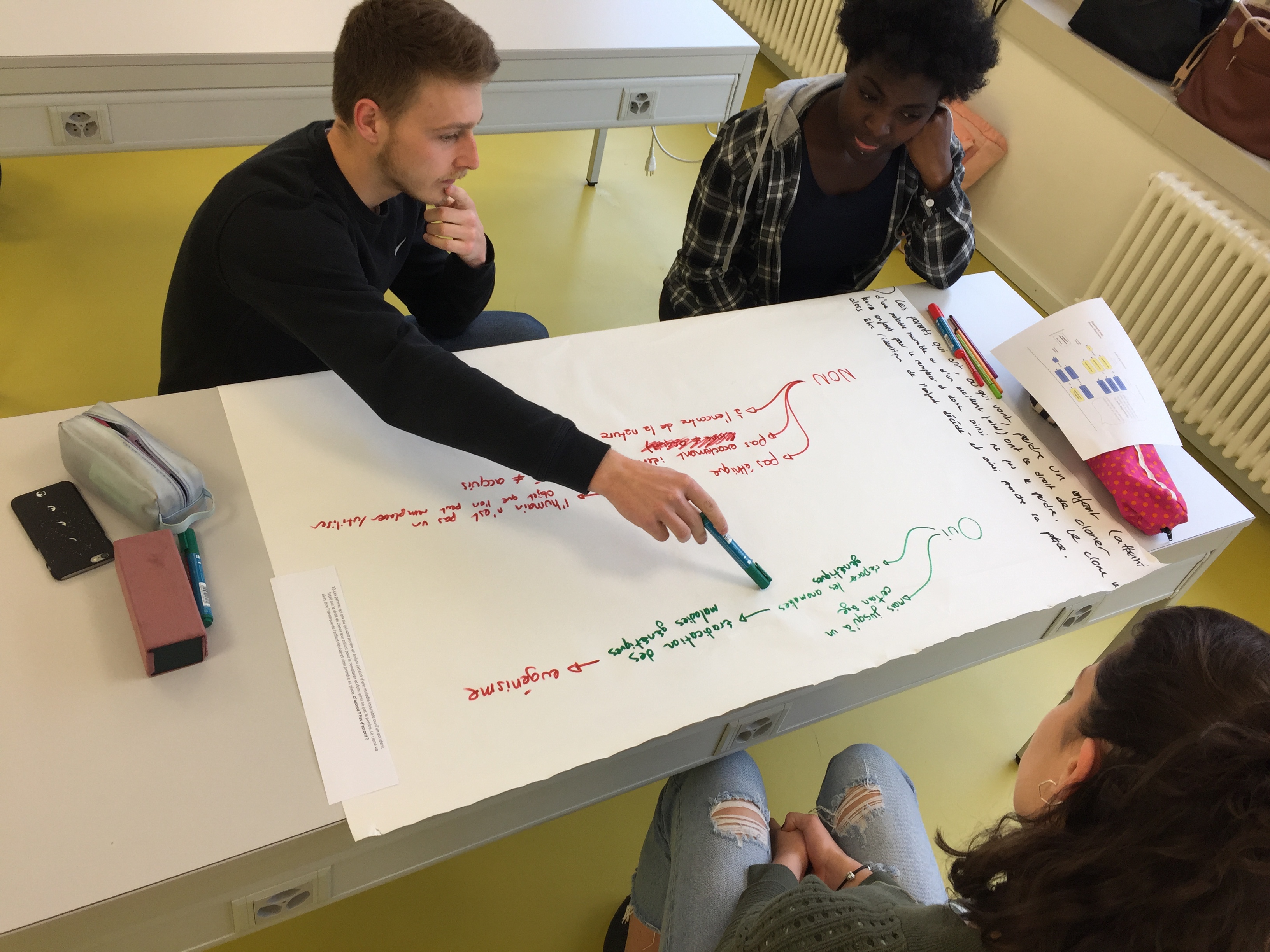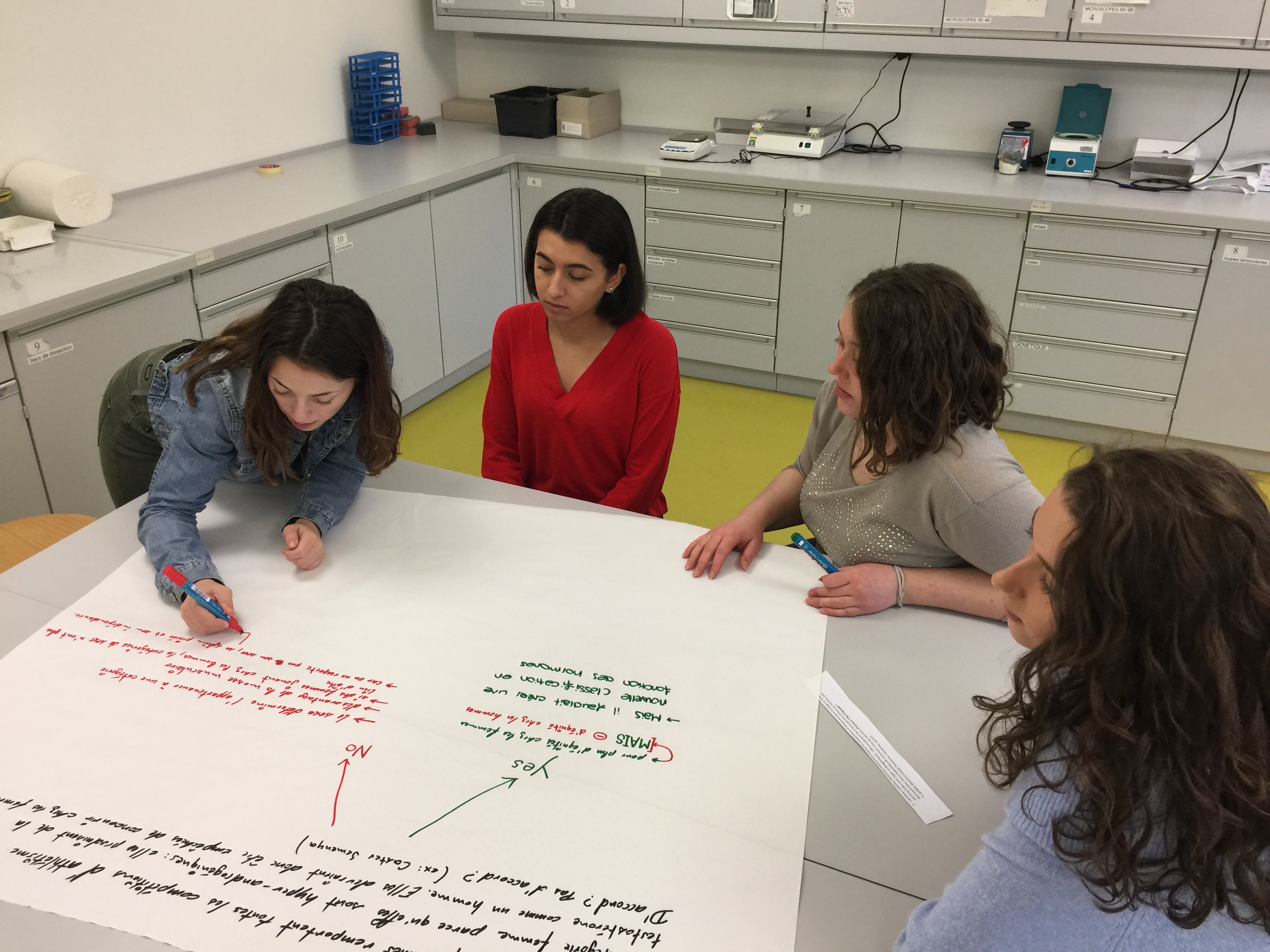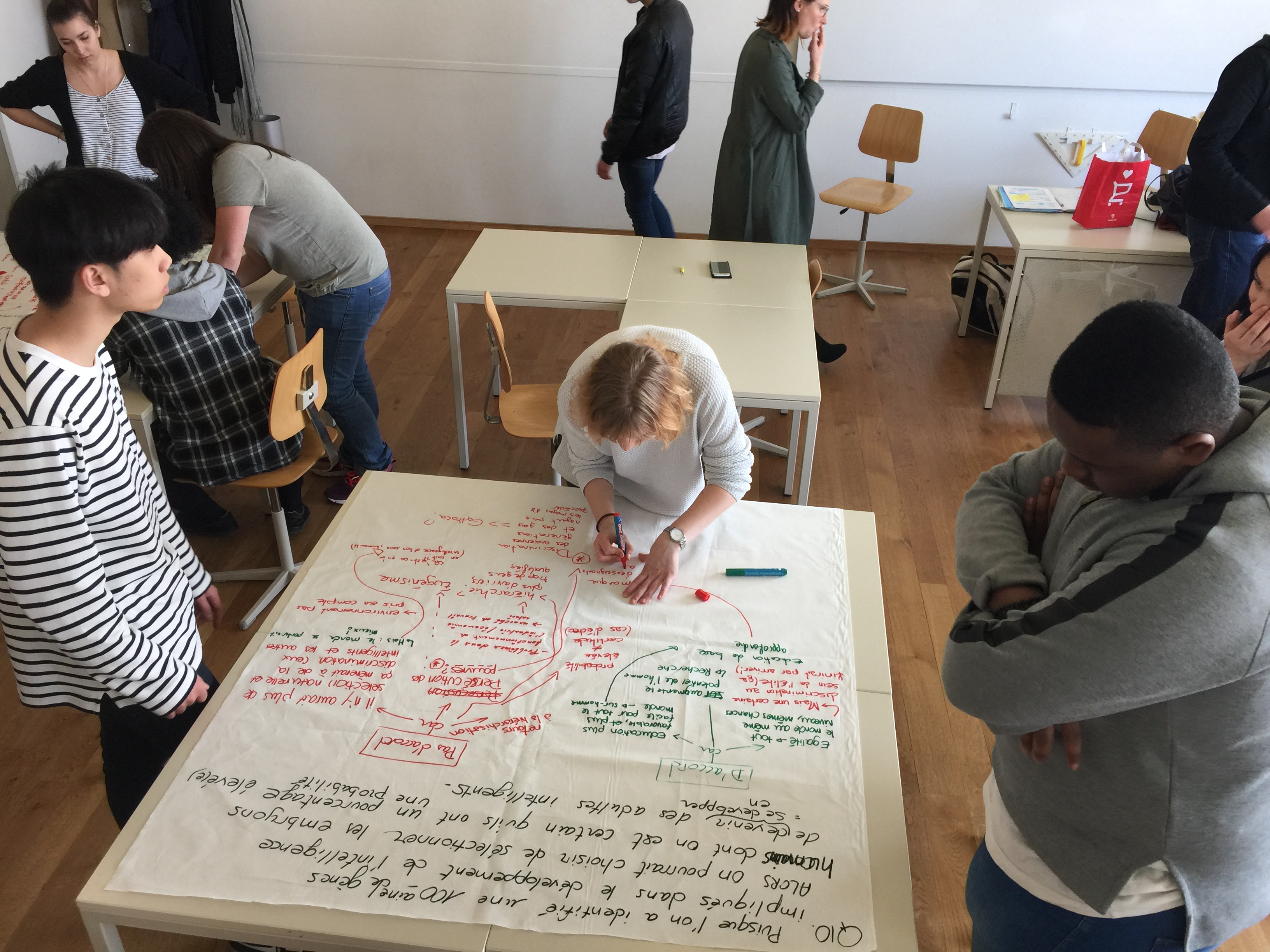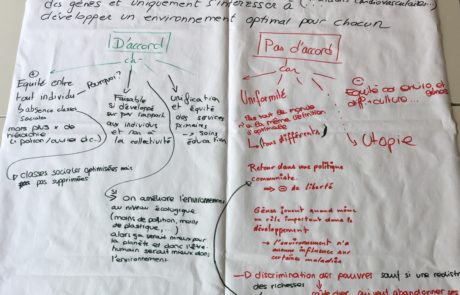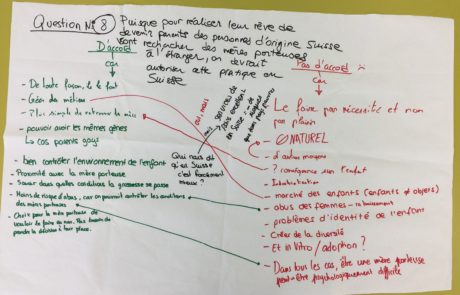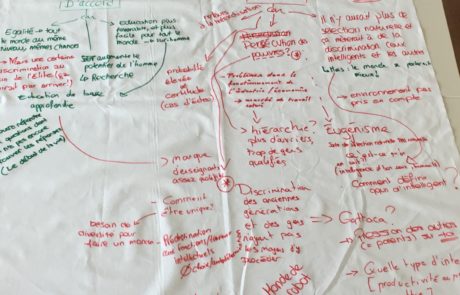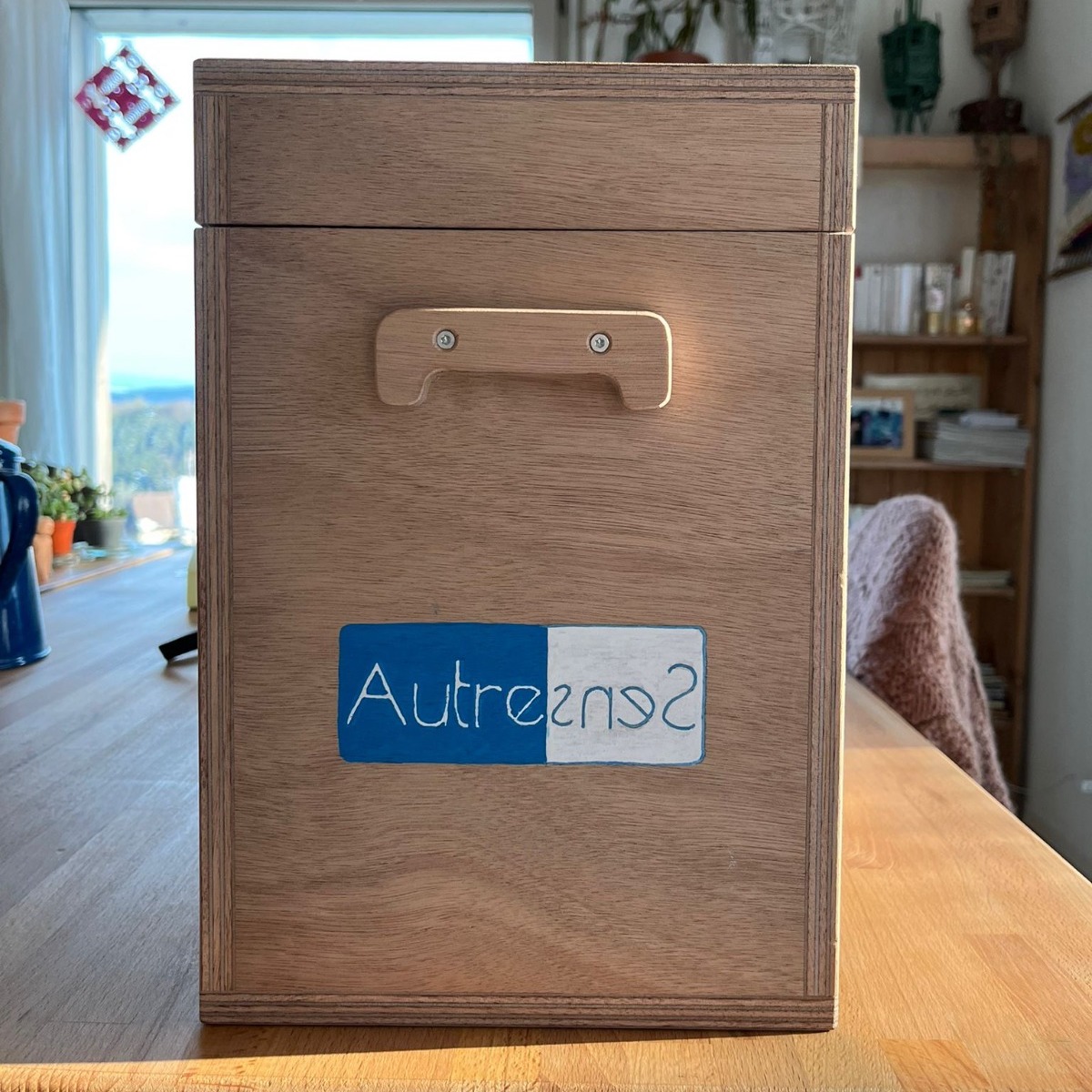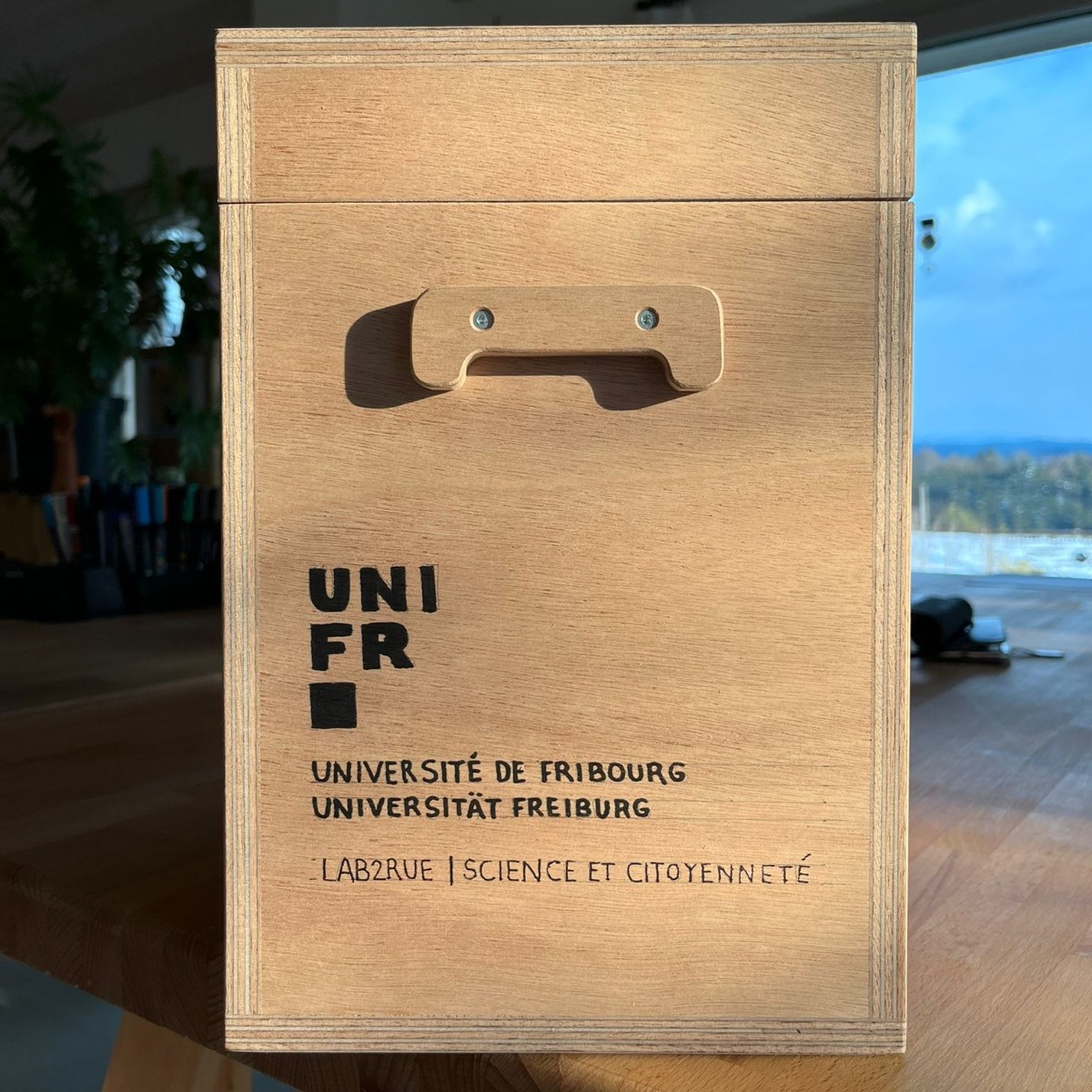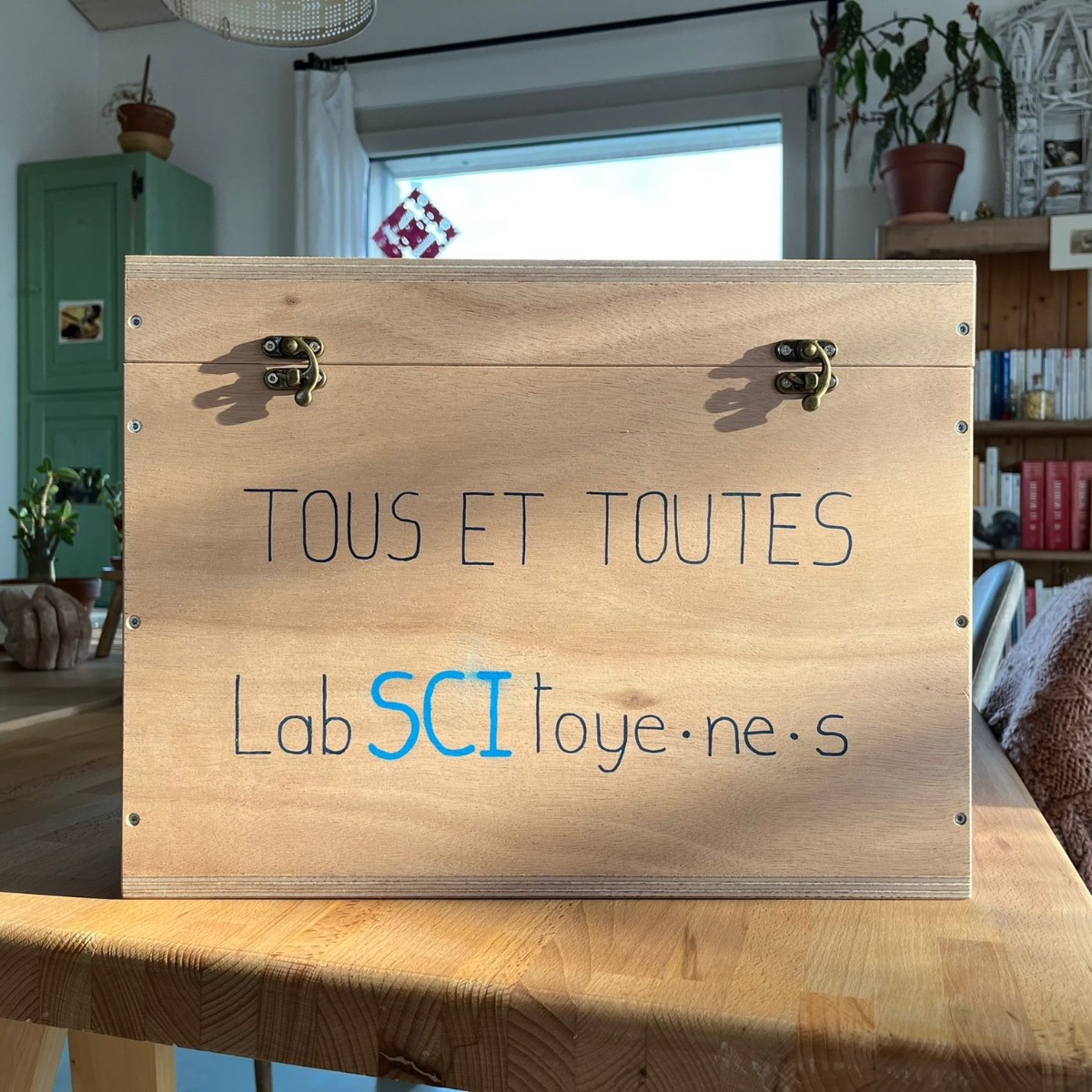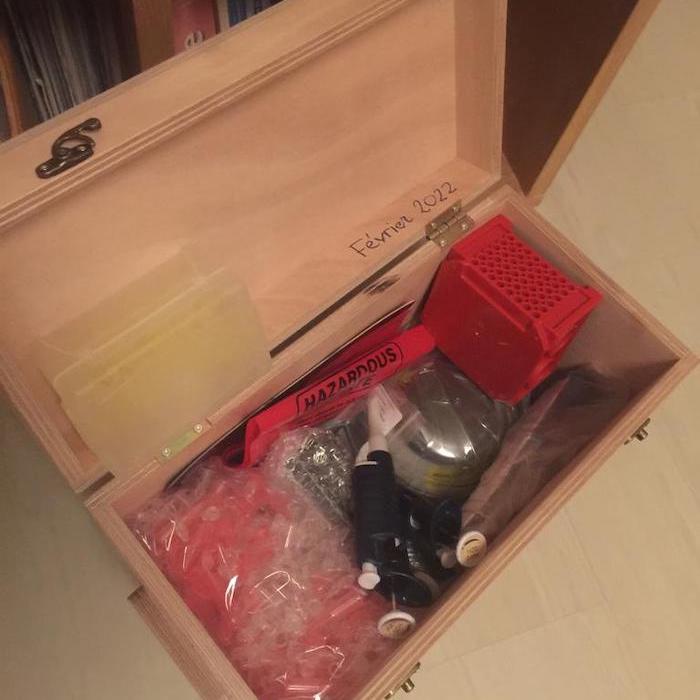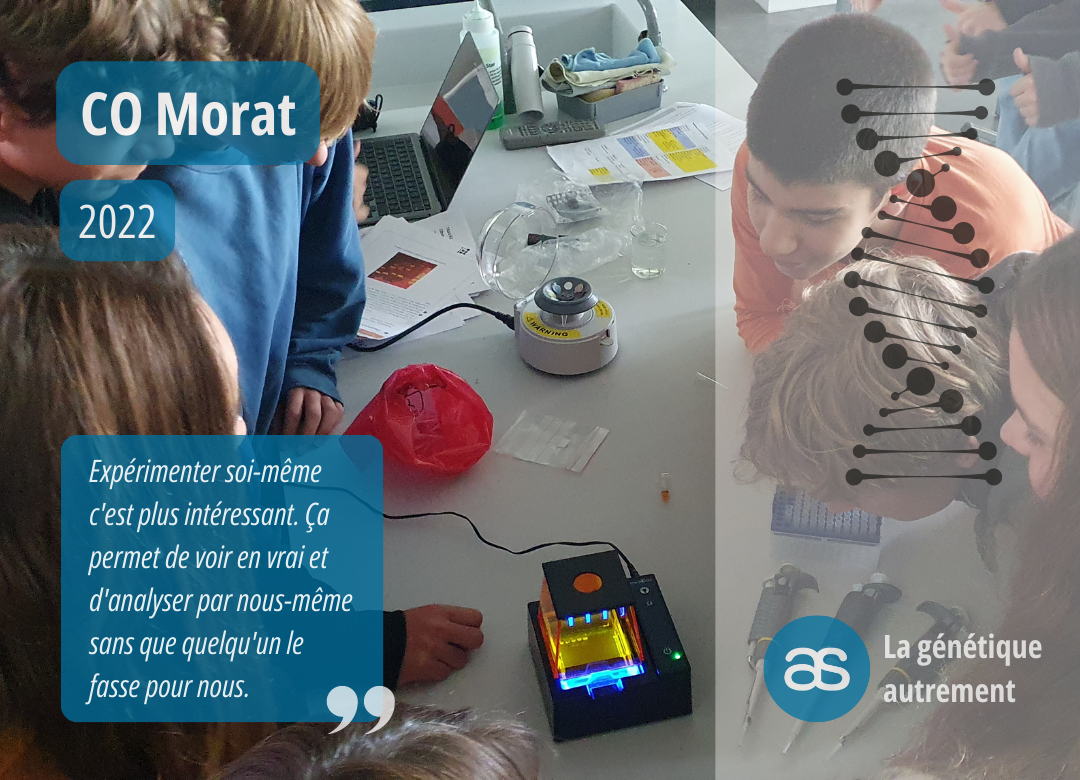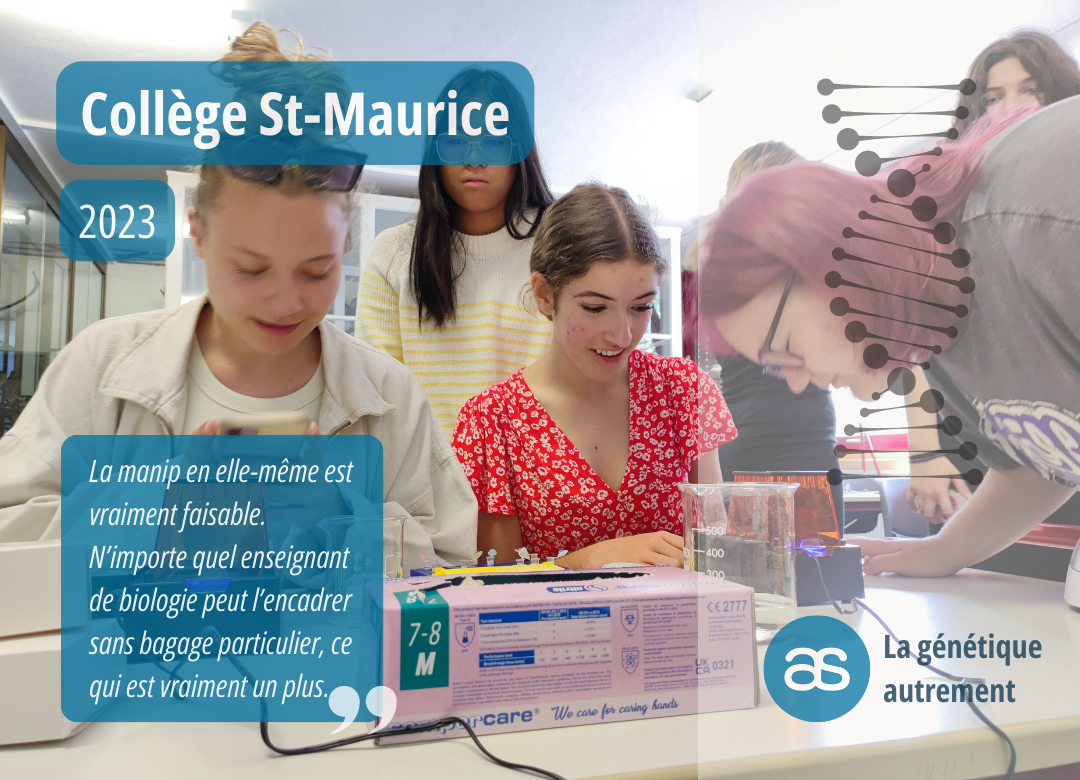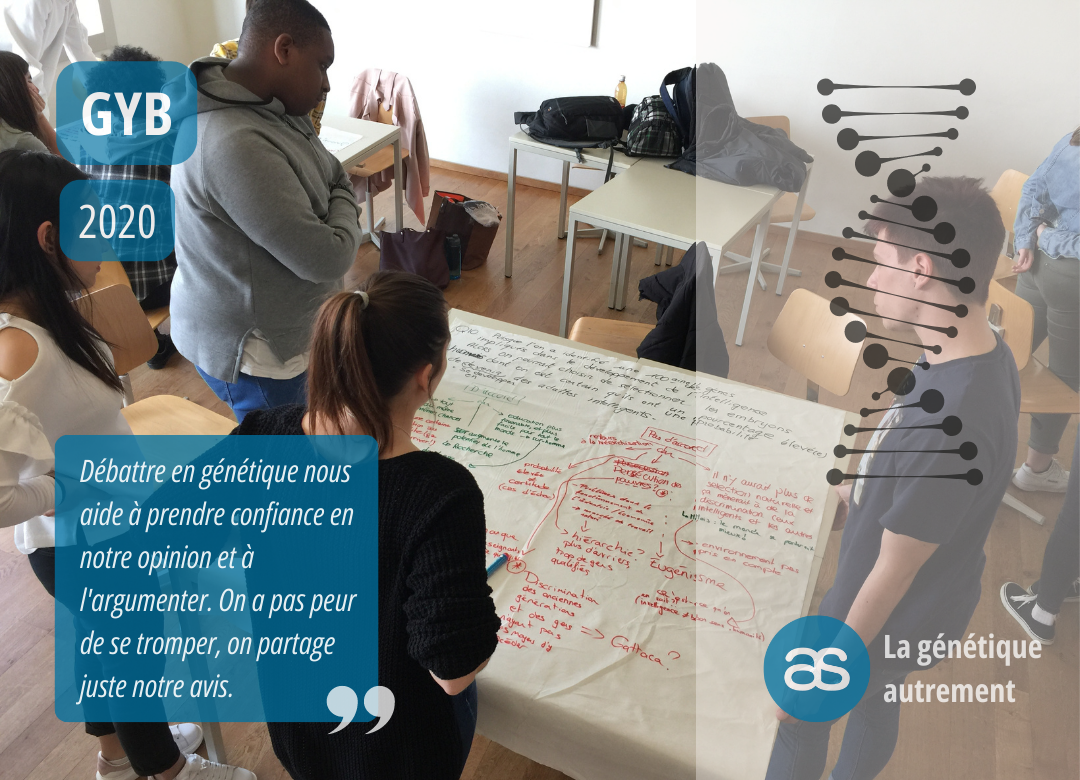Partners and support

The result of the " Toutes et tous LabSCItoyen•ne•s "from the University of Fribourg, Faculty of Letters (M-P. Chevron, CERF) and Faculty of Science (C. Wicky), in partnership with AutreSens.

Project funded by Swiss Academies of Science to the tune of CHF 300,000. Many thanks for their confidence!

Project funded by the Gebert Rüf Foundation to the tune of CHF 200,000. Many thanks for their confidence!
Description
Debating genetics
As part of a genetics theme, students in their final year at the Gymnase proposed a series of questions on the following topics current socially controversial around which they wanted to discuss, such as "Would having or manipulating our genetic data help us to live better? This project makes sense because we believe it is vital to develop scientific literacy in a society that is becoming increasingly technological, i.e. the ability to read, write and speak about scientific subjects. The young people involved in this project have all taken genetics courses as part of their school curriculum. They then raised questions, a difficult operation since it requires high levels of analytical, evaluative and creative thinking. The students then chose to talk about them.
Materials and documents
DNA suitcases
Suitcases already distributed
All in all, 45 DNA suitcases are already distributed in Switzerland.
You can borrow a suitcase from the HEP in your canton: FR, BEJUNE, SG, VD, VS, TI.
Click on the map to see the names of the schools using the suitcases to date.
Example of the use of suitcases at Natural History Museum of St. Gallen.

